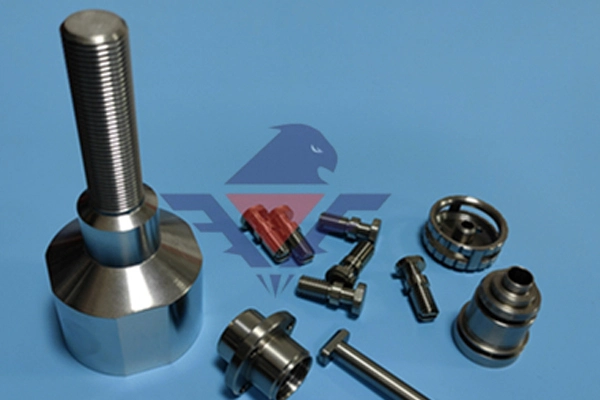
html
Swiss Machining: Precision and Efficiency in Small Part Manufacturing
Swiss machining, also known as Swiss screw machining or Swiss turning, is a highly precise manufacturing process designed for producing small, intricate parts with tight tolerances. Originating in Switzerland’s watchmaking industry, this technique has evolved to serve a wide range of industries, including medical, aerospace, and electronics.
What Makes Swiss Machining Unique?
Unlike conventional lathes, Swiss machines feature a sliding headstock and guide bushing that supports the workpiece close to the cutting tool. This unique design minimizes deflection and vibration, enabling:
- Exceptional precision (tolerances as tight as ±0.0001 inches)
- Superior surface finishes
- Ability to machine long, slender parts without chatter
- Simultaneous multi-axis operations
Key Advantages of Swiss Machining
The Swiss machining process offers several distinct benefits for manufacturers:
1. High Precision for Complex Geometries
With live tooling capabilities and CNC control, Swiss machines can produce complex features like cross-holes, flats, and threads in a single setup.
2. Improved Material Utilization
The guide bushing system allows for efficient bar stock feeding, significantly reducing material waste compared to conventional turning.
3. Reduced Secondary Operations
Many parts can be completed in one operation, eliminating the need for additional machining steps and reducing overall production time.
Applications Across Industries
Swiss machining has become indispensable in several high-tech sectors:
| Industry | Typical Applications |
|---|---|
| Medical | Surgical instruments, implants, dental components |
| Aerospace | Fuel system components, sensor housings, fasteners |
| Electronics | Connectors, contacts, miniature shafts |
| Automotive | Fuel injection parts, transmission components |
Choosing the Right Swiss Machining Partner
When selecting a Swiss machining provider, consider these factors:
- Experience with your specific material requirements (titanium, stainless steel, plastics, etc.)
- Quality certifications (ISO 9001, AS9100, ISO 13485 for medical)
- Capability to handle your required tolerances
- Secondary services offered (heat treating, plating, assembly)
- Prototyping vs. production volume capabilities
As manufacturing demands continue to push for smaller, more precise components, Swiss machining remains at the forefront of precision manufacturing solutions. Its unique capabilities make it the go-to choice for industries where accuracy, efficiency, and reliability are paramount.